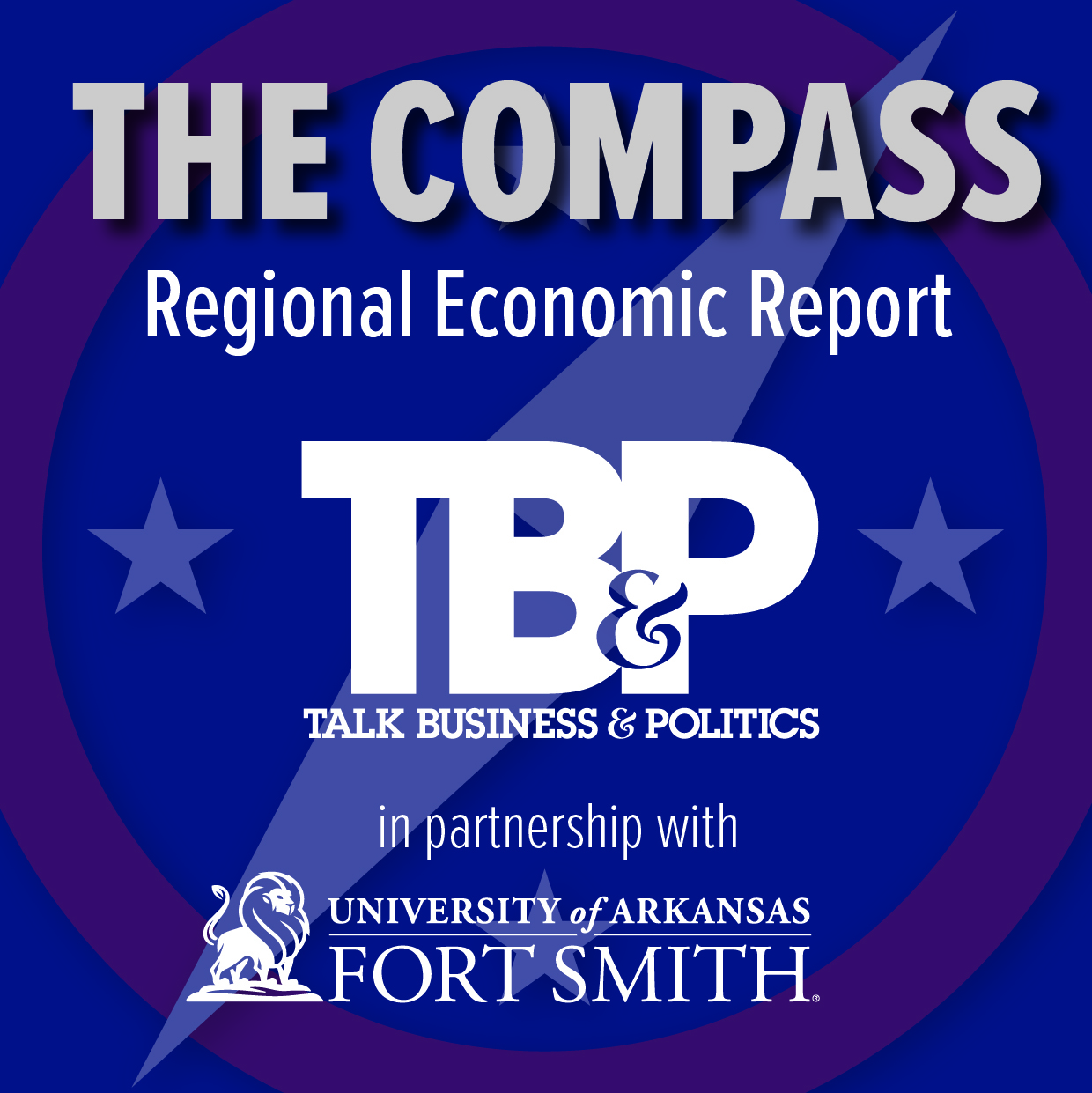Discovering The Role Of A Warren Stephens Ambassador: Expertise And Army Modernization
Have you ever wondered about the truly specialized roles within the U.S. Army, especially those that champion significant change and technical mastery? There are, you know, positions that demand a very deep kind of knowledge, helping to shape the future of military operations and support.
We hear a lot about continuous transformation, and, you know, Army senior leaders actually point to modernizing our people, what they call “people change,” as the most important part of this big shift. It's about making sure the right skills are always there, ready for what's next, so it's almost a constant effort.
While a specific “Warren Stephens Ambassador” program isn't something we directly handle, we can certainly talk about the spirit of what an ambassador of deep knowledge and forward-thinking leadership looks like within the military, drawing from what the Army itself values. It's, in a way, about recognizing those who truly represent expertise.
- Wonder Woman Andteve Trevor
- Calling Amazon
- Ewr Tsa Precheck Terminal C
- Elements Tableong
- Amc Independence Commons 20 Theater
Table of Contents
- The Heart of Army Transformation: People Change and Expertise
- Who Are the Army's Technical Ambassadors? The Warrant Officer Program
- Becoming an Ambassador of Expertise: The Recruitment Process
- FAQs About Army Specialized Roles (Inspired by "People Also Ask")
- The Spirit of an Ambassador: Beyond the Title
- Exploring Your Own Path to Expertise
The Heart of Army Transformation: People Change and Expertise
The Army, you know, is always looking ahead, and a big part of that is making sure its people are ready for what's next. It's not just about new equipment or strategies; it’s about the soldiers themselves, their skills, and their ability to adapt, so it's a very human focus.
This emphasis on "people change" really highlights how important individual skills and adaptation are for the entire force, isn't that something? It means investing in continuous learning, fostering new talents, and ensuring that specialized knowledge is both recognized and utilized effectively across all levels.
Who Are the Army's Technical Ambassadors? The Warrant Officer Program
When we think about folks who are truly experts, the U.S. Army Warrant Officer program comes right to mind, isn't that interesting? These individuals are, you see, a unique and vital part of the Army's structure, bringing a very specific kind of mastery to the table.
- Buservice Greyhound
- Hilton Hotels On Duvaltreet Key West
- Power Outage Entergy
- Caesars Property Map
- What Is Daily Mail
They are, you know, self-aware and adaptive technical experts, combat leaders, trainers, and advisors who really specialize, throughout their entire career, in a very specific technical area. They are, in a way, the Army's living ambassadors of deep, practical know-how, guiding others with their specialized insight and ensuring operations run smoothly.
Their journey involves continuous learning and application of their trade, making them indispensable. They tend to be the go-to people for complex issues within their fields, offering solutions that come from years of focused experience, which is pretty valuable.
These officers, in essence, bridge the gap between the broad strategic goals and the very detailed technical execution. They bring a level of hands-on expertise that is absolutely crucial for modern military operations, so it's a really important distinction.
Specialized Roles: Network Operations and Aviation
Consider, for example, network operations warrant officers, who are, basically, the subject matter experts for all things data networks. They are the ones who make sure information flows freely and securely, which is, you know, absolutely vital in today's world.
They are responsible for designing, building, configuring, operating, maintaining, and sustaining these vital data networks, which includes sensors, the network perimeter, and even those very modern zero trust environments, so it's quite a bit of responsibility. Their work ensures that communication lines are always open and protected, which is, honestly, a massive undertaking.
Then, there are aviation warrant officers, who must be agile, adaptive, and creative, as they operate aircraft in all sorts of conditions, truly demonstrating their unique skills. They are the pilots and flight operations experts, ensuring safe and effective air support for various missions, which is, obviously, a very high-stakes role.
These roles, you know, are perfect examples of how specialized expertise serves as a kind of ambassadorship, representing the pinnacle of technical skill in their fields. They don't just perform tasks; they lead, innovate, and train others in their specific areas, making them incredibly impactful.
Their ability to troubleshoot complex issues, often under pressure, is a testament to their deep understanding and practical experience. They are, like, the problem-solvers who keep critical systems running, no matter what.
Moreover, their constant engagement with new technologies and evolving operational demands means they are always at the forefront of their specializations. This continuous learning makes them truly dynamic assets, which is pretty cool.
Human Resources and Beyond
It's not just about technology, though; a human resources (HR) technician, for instance, serves as the HR subject matter expert in a BCT, division/corps, ASCC, HRSC, and higher echelons within the Army. They are, essentially, the go-to people for all things HR, advising leaders and helping soldiers, which is a very important role.
They handle everything from personnel management to career development, ensuring that soldiers are properly supported throughout their service. This kind of expertise is, honestly, fundamental to the well-being and effectiveness of the entire force, so it's a big job.
These specialized individuals, you know, are crucial for the Army's smooth operation and its commitment to "people change." They embody the administrative and support excellence that allows the Army to focus on its core missions, which is, basically, invaluable.
Their work often involves intricate regulations and personal situations, requiring a compassionate yet precise approach. They are, you know, the quiet backbone of the Army's personnel system, making sure everyone is taken care of.
The variety of warrant officer roles truly shows the depth of specialized knowledge the Army values. From logistics to intelligence, each area has its own set of experts, all contributing to the larger mission, which is, really, quite impressive.
Becoming an Ambassador of Expertise: The Recruitment Process
If you're thinking about stepping into one of these highly specialized roles, the steps below provide guidance on how to use the USAREC Warrant Officer recruiting web site to determine eligibility and, if eligible, how to submit an application. It's a process that really helps identify those who can become true ambassadors of Army excellence.
The journey to becoming a warrant officer is, you know, a very structured one, designed to ensure that only the most qualified and dedicated individuals are selected. It requires commitment and attention to detail, which is, obviously, a good thing.
This process ensures that those who ultimately serve as warrant officers possess not only the technical skills but also the leadership qualities needed to excel. It’s about finding the right fit for these incredibly important positions, so it's quite thorough.
Navigating Eligibility and Application
The USAREC site is your first stop, and it's quite helpful for understanding what you need to do, you know, to get started. It provides all the necessary information, making the initial steps pretty clear.
Checking your eligibility is, of course, the very first thing, and the site walks you through it. This includes reviewing specific requirements for age, education, and prior military experience, if any, so it's pretty comprehensive.
It's important to remember that failure to meet deadlines may delay an applicant's journey, so staying on top of things is key. The application process has specific timelines, and missing them can set you back, which is, understandably, something to avoid.
For National Guard applicants, there's also general information on the warrant officer program specifically for them, which is pretty useful. The requirements can vary slightly for National Guard members, so having dedicated guidance is, you know, very helpful.
And, you know, certain MOS (Military Occupational Specialties) will be boarded, meaning they go through a special review process, marked as "X = MOS will be boarded." This indicates a particularly competitive or specialized area that requires an extra layer of scrutiny, so it's a unique part of the process.
The application itself is, in a way, a demonstration of your attention to detail and your commitment to the role. It's your chance to show that you have what it takes to join this elite group of experts, which is, obviously, a big opportunity.
You'll need to gather all your documents, ensure everything is accurate, and submit it all on time. It's a test of your organizational skills even before you begin your specialized training, which is, you know, pretty smart.
FAQs About Army Specialized Roles (Inspired by "People Also Ask")
We often get questions about these unique Army positions, so here are a few common ones, you know, to help clear things up. These answers are, basically, drawn from the core information about what the Army looks for in its specialized personnel.
What exactly does an Army Warrant Officer do?
Well, an Army Warrant Officer is, basically, a self-aware and adaptive technical expert, a combat leader, a trainer, and an advisor. They spend their entire career specializing in a particular technical area, making them, you know, incredibly valuable assets for the Army's operations.
They provide critical technical advice and leadership, often bridging the gap between officers and enlisted personnel. They are, in essence, the deep knowledge holders in their fields, which is, pretty much, their main contribution.
How does the Army modernize its personnel?
The Army's senior leaders have identified modernization of our people, or "people change," as the most important part of continuous transformation, so it's a big deal. This involves continuous training, adapting to new technologies, and fostering specialized expertise like that found in the Warrant Officer program, isn't that something?
It means ensuring soldiers have the right skills for future challenges, developing new training methods, and encouraging adaptability. It's a constant effort to keep the force ready and relevant, which is, obviously, essential.
- How Old Mayweather
- Bogo Wings Thursday
- Connecticut Department Of Motor Vehicles Norwalk
- La Catrina Mexican Grill
- Buservice Greyhound

Welcome Ambassador Warren A. Stephens - U.S. Embassy and Consulates in

Warren Stephens confirmed as UK Ambassador - Talk Business & Politics

Warren Stephens confirmed as UK Ambassador - Talk Business & Politics